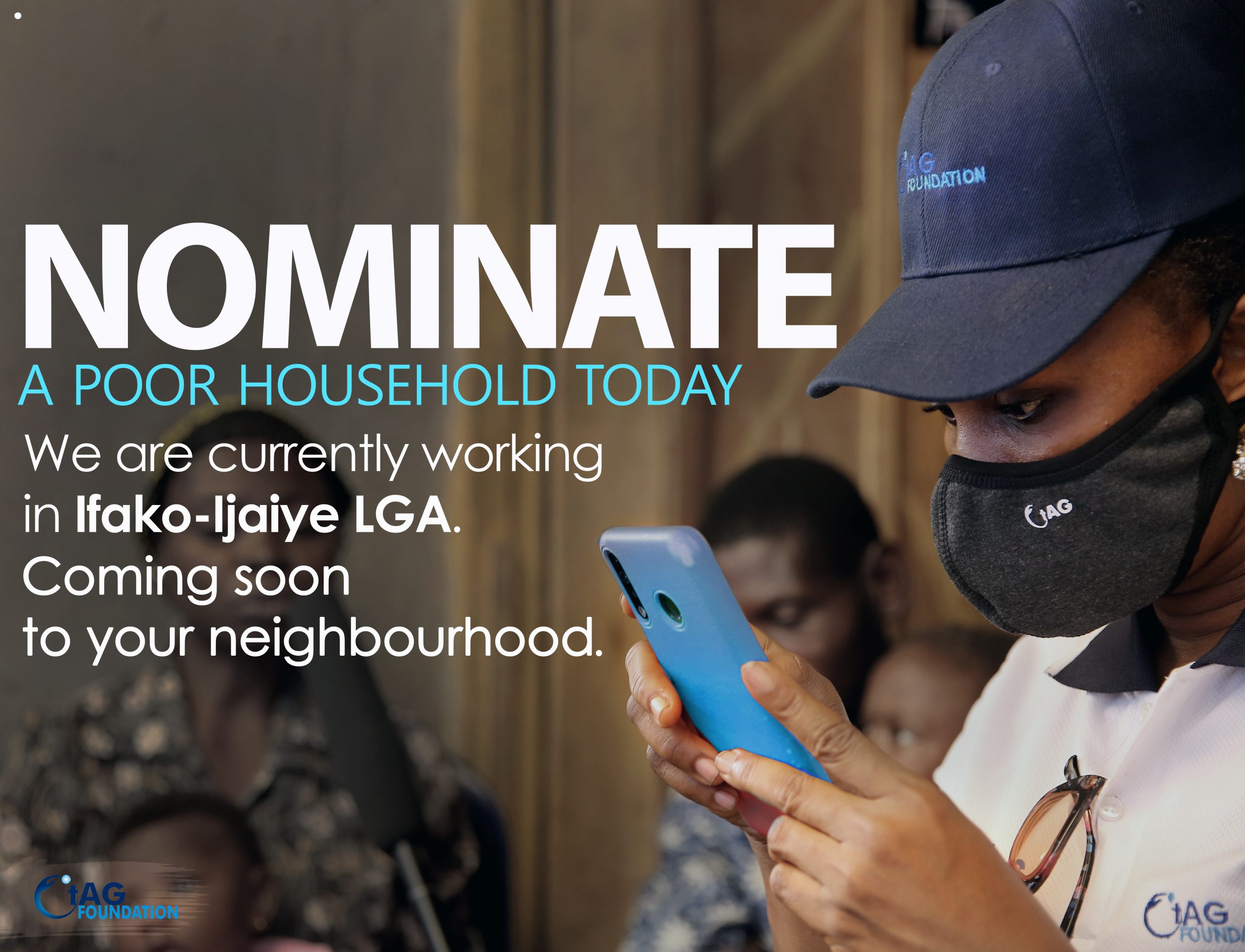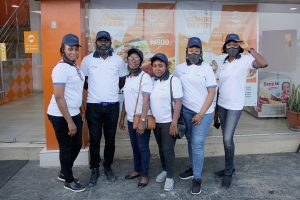
Fighting poverty in Nigeria post COVID-19 era.
In Nigeria, 40.1 percent of total population was classified as poor. In other words, on average four out of 10 individuals in Nigeria have real per capita expenditures below 137,430 naira ($352) per year (Report on Poverty and Inequality, 2019, NBS). The National Bureau of Statistics (NBS), in a report about poverty and inequality from September 2018 to October 2019, said 40 percent of people in the continent’s most populous country lived below its poverty line of 137,430 naira ($381.75) a year. It said that represents 82.9 million people (Report on Poverty and Inequality, 2019, NBS).
Poverty is pervasive in most local government area of the country as we speak and it encompasses a wide range of deprivations: economic (income, livelihoods, decent work) human (health, education) political (empowerment, rights, voice) social-cultural (status, dignity) protective (insecurity, risk, vulnerability). This now birth the idea of transformation in eradicating that unwelcome influence using our robust technology in beneficiary identification of the poor household in advocating not just to end poverty but create a sustainable pathway out of extreme poverty for our beneficiaries.
Our model is designed to identify the poorest of the poor households by nomination and selection, then proceed to taking their bio-data using our robust technology for the disbursement of monthly cash transfer and delivery of aids through the creation of distribution centers to the rightful beneficiaries. The pilot phase of beneficiary identification (data capture and account opening) of poor households using our software technology starts in Ifako/Ijaiye local government area of Lagos state.
We strongly believe that to lend a helping hand to the most vulnerable poor households by just providing for them is not just enough for them to cope. Immediate intervention in building their skills set is necessary to help overcome the wide range of deprivations and become more resilient. Identifying the urgency of this issue, we are calling on the government, top organizations and well meaningful leaders of the country to join the movement in ending the poverty spike after a global pandemic as a paramount part of the sustainable development goals before 2030.
